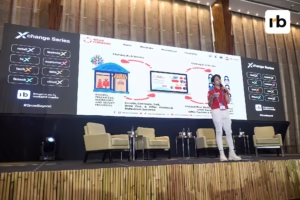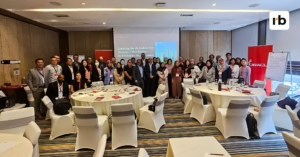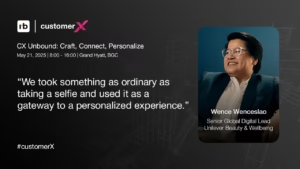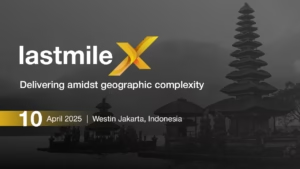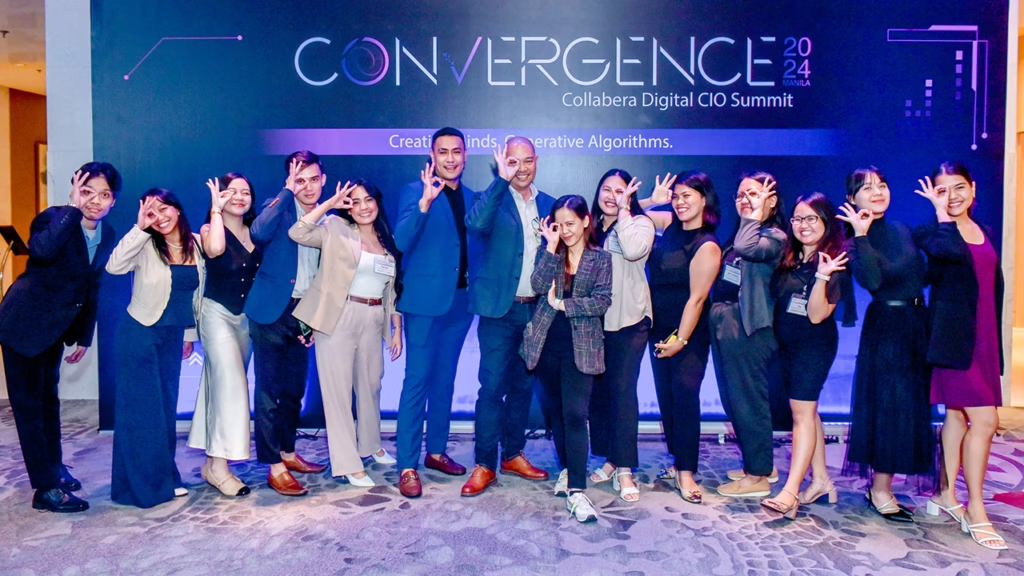As technology advances, so does the realm of human resources. Innovative HR technologies now streamline the hiring and deployment processes, revolutionizing how organizations manage their workforce.
Based on the data of Cornerstone, the internet has become an indispensable tool, with a staggering 5.16 billion people worldwide connected – representing 64.4 percent of the global population. Moreover, the prevalence of internet-enabled devices, from IoT gadgets to everyday electronics, highlights our increasingly interconnected world, where digital data dominates, comprising over 98% of all information.
Organizations are increasingly turning to data-driven approaches to gain a strategic edge in talent management. The traditional methods of recruitment, performance evaluation, and employee development are being revolutionized by the power of data analytics, enabling companies to make more informed decisions and unlock the full potential of their workforce.
In this article, we unveil seven cutting-edge strategies that are reshaping the landscape of data-driven talent management. From AI-powered candidate sourcing to predictive performance analytics, these innovative approaches leverage the wealth of data available to organizations to attract, develop, and retain top talent. By embracing these strategies, companies can stay ahead of the curve and build a high-performing, future-ready workforce that drives success in the digital age. Join us as we explore the forefront of data-driven talent management and discover how these strategies are transforming the way organizations harness the power of their people.
AI-Powered Candidate Sourcing
AI-powered candidate sourcing represents a paradigm shift in recruitment methodologies, leveraging advanced algorithms to meticulously analyze vast datasets across online platforms, social media channels, and professional networks. These algorithms delve deep into candidate profiles, skill sets, and experiences, identifying top talent that not only meets specific job requirements but also resonates with the cultural fabric of the hiring organization. By harnessing the power of AI, recruiters can streamline their search processes, uncovering hidden gems and accessing a diverse pool of candidates. This transformative approach not only enhances efficiency but also ensures the acquisition of individuals who are not only highly skilled but also culturally aligned, thus driving organizational success.
Predictive Performance Analytics
The emergence of predictive performance analytics marks a significant advancement in talent management strategies, where data analytics tools are employed to forecast employee performance and pinpoint high-potential individuals within organizations. This entails a comprehensive analysis of historical data encompassing employee performance metrics, coupled with an examination of various contributing factors such as skill sets, training initiatives, and levels of engagement. Through this data-driven approach, companies gain actionable insights to strategically invest in the development and retention of top talent. By leveraging predictive analytics, organizations can proactively identify areas for improvement, tailor training programs to individual needs, and cultivate a dynamic workforce poised for sustained success in a competitive landscape.
Personalized Learning Paths
Leveraging data analytics, organizations are now customizing learning and development programs to the individual needs and preferences of employees. By analyzing employees’ skills, learning styles, and career aspirations, companies can deliver targeted training and development opportunities that maximize employee growth and engagement.
Diversity and Inclusion Analytics
Data-driven approaches are transforming diversity and inclusion initiatives by providing insights into hiring, promotion, and retention patterns across demographic groups. By analyzing data on employee demographics, as well as factors such as pay equity and advancement opportunities, organizations can identify and address systemic biases to foster a more inclusive workplace culture.
Employee Sentiment Analysis
The adoption of employee sentiment analysis through data analytics tools has emerged as a pivotal strategy for organizations seeking to gain nuanced insights into their workforce dynamics. This multifaceted approach involves leveraging various data sources, including surveys, social media platforms, and sentiment analysis of internal communication channels, to capture real-time feedback on employee satisfaction and morale. By harnessing these tools, companies can swiftly identify emerging trends, pinpoint potential areas of concern, and implement targeted interventions to enhance the overall employee experience. Furthermore, this data-driven approach enables organizations to cultivate a culture of transparency and responsiveness, fostering stronger employee engagement and retention in an increasingly competitive labor market landscape.
Succession Planning Algorithms
Data-driven succession planning algorithms are helping organizations identify and groom future leaders from within their talent pool. By analyzing data on employee performance, potential, and career aspirations, companies can develop targeted succession plans that ensure a smooth transition of leadership roles and mitigate the risks associated with key personnel changes.
These cutting-edge strategies represent the forefront of data-driven talent management, enabling organizations to optimize their recruitment, development, and retention efforts in today’s dynamic and competitive business landscape.




